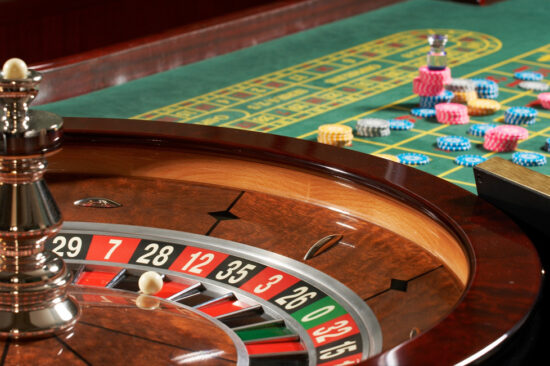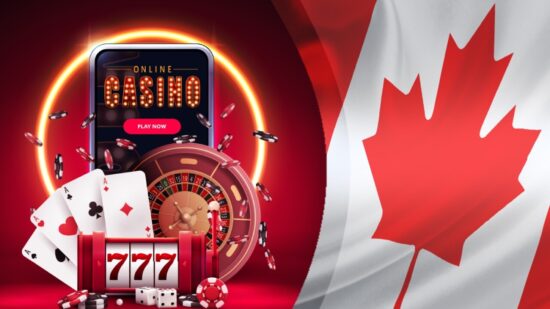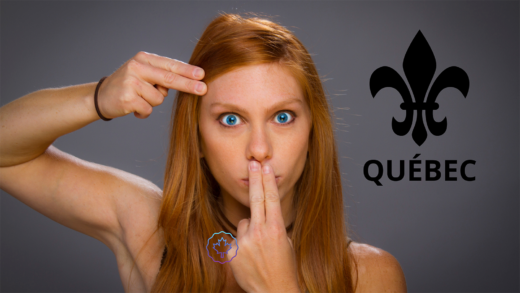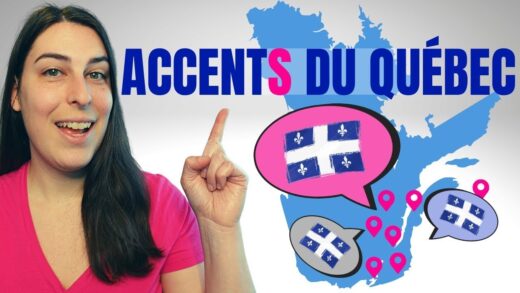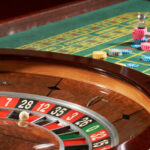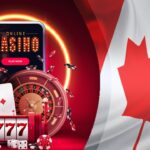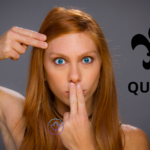Learn Quebecois in 5 minutes with Denyzee and Max Lemire
You dream of speaking Quebecois like a real Quebecer, but you don't know how to do it? Don't panic! With this 5-minute tutorial, you will be able to master the subtleties of the Quebec language.
The pronunciation of words in Quebec
The first step in speaking Quebecois is to master the pronunciation of words. Unlike French from France, Quebecois has its own phonetic particularities. For example, the "eu" sound is pronounced "u" in Quebecois, as in the word "peuple" which is pronounced "pupeule". The "oi" sound is pronounced "wa", as in the word "trois" which is pronounced "twa". Finally, the "en" sound is pronounced "an", as in the word "trente" which is pronounced "trannte".
Quebec expressions to know
Quebecois is full of colourful and colourful expressions that give the language its charm. Here are some examples to know:
- "Être tanné": to be tired or annoyed
- "Être magané": to be damaged or damaged in some way
- "It's flat": it's boring
- "To be in the moon": to be distracted or dreamy
- "To be in line": to be in line
In addition to the differences in pronunciation, Quebecois has its own vocabulary that can sometimes be confusing for a French person from France. Here are a few examples of Quebec terms and their equivalent in French:
In addition to the differences in pronunciation and vocabulary, Quebecois has its own grammatical peculiarities. For example, the pronoun "on" is often used instead of "nous" in Quebecois, as in the sentence "on va au cinéma ce soir". Also, the past tense is often replaced by the past simple, as in the sentence "j'ai mangé" which becomes "j'ai mangé".
Now that you have all the keys to speaking Quebecois like a real Quebecer, all you have to do is practice! Don't hesitate to watch Quebec movies and series to get a feel for the language. And who knows, maybe one day you'll come to live in Quebec and be able to speak Quebecois like a pro!
